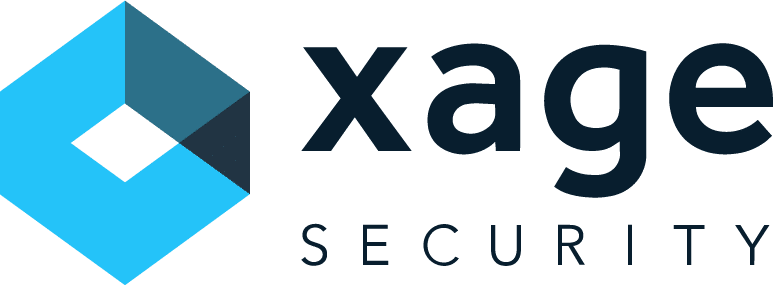On Friday, October 20, identity management provider Okta made headlines by disclosing a data breach where user tokens were stolen. While any data breach is cause for concern, this incident provides valuable insights into how the cybersecurity industry is evolving to become more resilient through cyber hardening, particularly based on the principles of the zero trust model. In this blog post, we will explore the key takeaways from Okta’s breach and how the industry’s response demonstrates the importance of adopting a zero trust approach.
Swift and Responsible Disclosure in a Complex Situation
One of the most commendable aspects of Okta’s response to the breach was their swift and responsible disclosure. As soon as they confirmed the security breach, they publicly acknowledged it. It is worth noting that several Okta customers, including Cloudflare, claim to have warned the company of suspicious behavior in the three weeks preceding the disclosure. However, “suspicious behavior” is not a direct confirmation of a data breach, and given the size and complexity of the organizations involved, it can require extensive investigation to confirm what really happened. Okta’s disclosure came within weeks of the first reported warnings they received, where other companies in the past have chosen to conceal data breaches for months or years for fear of damaging their reputations. Under complex circumstances, Okta showed a level of transparency that is not always the norm in the business world. This is a reassuring sign that the company takes the security and trust of its users seriously.

Limited Impact Thanks to Zero Trust
Despite the potential for widespread damage, the impact of this breach, thus far, has been relatively limited. The reason behind this limited impact is the industry’s gradual adoption of robust access management practices rooted in the zero trust model.
Zero trust is a cybersecurity framework that operates under the assumption that no one, whether inside or outside the organization, can be trusted. This approach challenges the traditional “trust but verify” model by requiring continuous authentication and verification for all users and devices trying to access resources. Here’s how zero trust principles played a crucial role in mitigating the Okta breach:
1. Strong Multifactor Authentication (MFA)
One of the fundamental tenets of zero trust is the implementation of strong authentication mechanisms. Multi-factor authentication (MFA), a key component of zero trust, proved to be a critical defense in this incident. For instance, when the attackers used an authentication token stolen from Okta to begin targeting Cloudflare (an Okta customer), the use of hard keys for multi-factor authentication within Cloudflare prevented the breach from escalating further. This underscores the importance of implementing MFA to add an extra layer of security that goes beyond traditional password protection.
2. Least Privilege Access
Another principle of zero trust is the principle of least privilege access, which means users are granted the minimum access necessary to perform their tasks. By following this approach, organizations can limit the potential damage caused by a security breach. Even if a user’s credentials are compromised, their access is limited, reducing the scope of potential harm. One affected Okta customer reported that they had discovered suspicious activity when the attacker attempted to use a stolen session token to create an administrative account with higher privileges. The ability to limit the privileges of most accounts, and to catch and prevent the creation of higher privileged accounts, is a key element of a zero trust, defense-in-depth security mindset.
Nearly every headline-making breach of the past decade has involved stolen or compromised and misused identity and authentication material in some way. Usernames, passwords, authentication tokens, session tokens, and more are of great value to cyberattackers. This means providers of any identity or authentication related service need to be extra vigilant about protecting their data and that of their customers.
Lessons Learned
While a data breach is never good news, Okta’s handling of this incident, and the security measures used by their customers, mitigated the impact it has had so far. This highlights the positive strides being made in the cybersecurity industry. The zero trust model, with its emphasis on strong authentication, continuous monitoring, and least privilege access, is proving to be an effective strategy in containing and mitigating breaches.
As organizations continue to adapt and enhance their cybersecurity strategies, the lessons learned from Okta’s breach underscore the importance of embracing a zero trust mindset. By doing so, businesses can better protect their data, maintain the trust of their customers, and stay one step ahead of cyber threats in an increasingly complex digital landscape.









